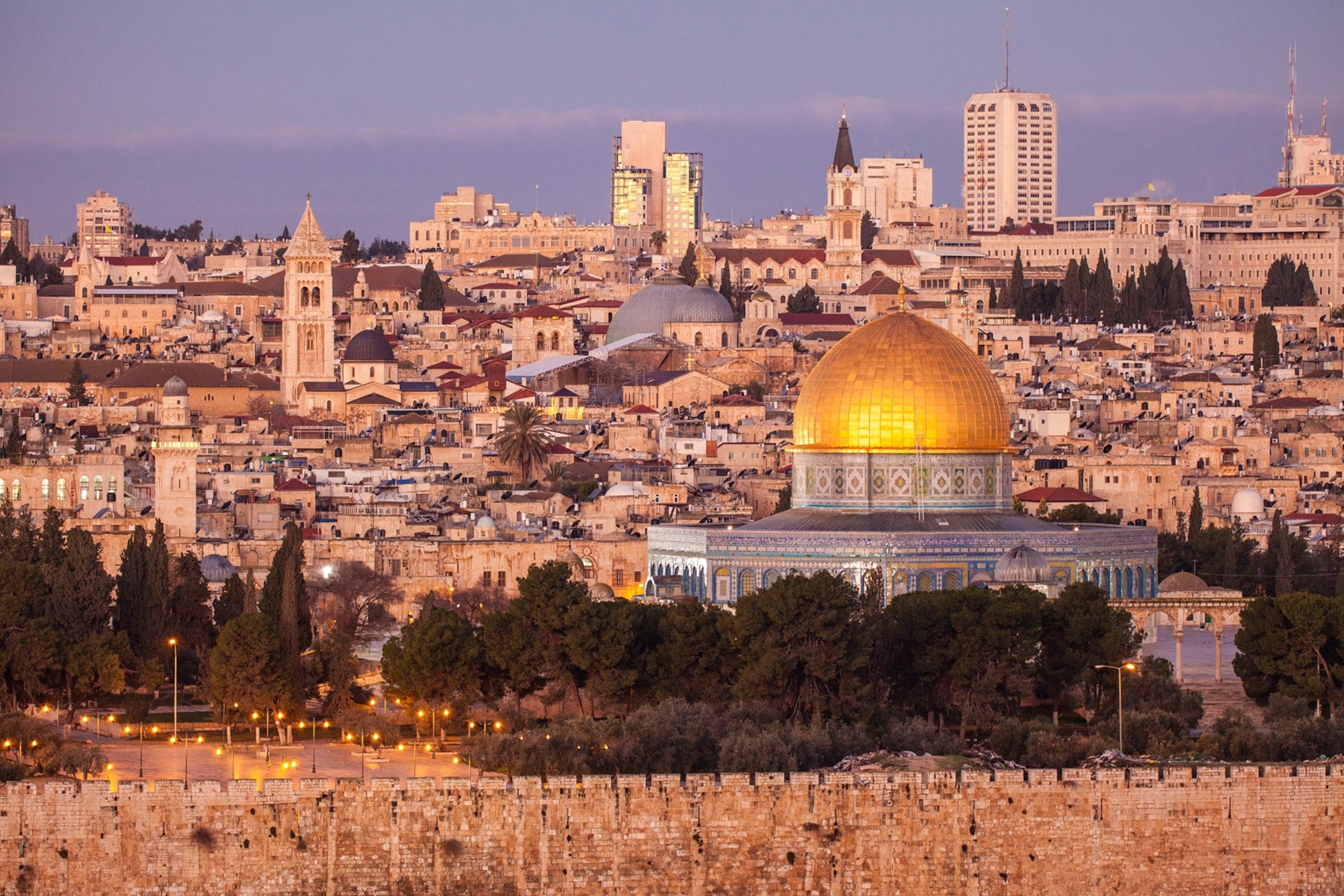Israeli Military Claims to Have Eliminated Key Hezbollah Figures in Drone Strikes
The Israeli military has announced that it carried out two drone strikes in southern Lebanon, resulting in the deaths of two individuals linked to Hezbollah. The operation took place on Monday, with the first strike targeting a commander within the Radwan Force, and the second attack eliminating a Hezbollah operative.
First Strike: Targeting a Senior Hezbollah Commander
In its statement, the Israeli Defense Forces (IDF) confirmed that the first drone strike occurred in the town of Deir Kifa. The operation was directed against Ali Abd al-Hassan Haidar, who was identified as a high-ranking commander within the Radwan Force, an elite unit of Hezbollah responsible for conducting attacks and strategic operations.
According to the IDF, Haidar was directly involved in planning several attacks against Israeli citizens and military personnel. The military claimed that he had been orchestrating plans to occupy the Galilee region, which is located in northern Israel. Additionally, the IDF stated that over the past few months, Haidar had been working to rebuild Hezbollah’s infrastructure in southern Lebanon, which includes training facilities, weapons storage, and communication networks.
This targeted elimination is part of a broader strategy by the Israeli military to weaken Hezbollah’s operational capabilities in the region. The group has long been considered a major threat to Israel’s security, particularly due to its extensive missile arsenal and ties to other militant groups in the Middle East.
Second Strike: Neutralizing a Hezbollah Operative
Two hours after the first strike, the IDF conducted a second drone attack in the village of Beit Lif, located in southern Lebanon. This operation resulted in the death of another individual associated with Hezbollah, though the military did not provide specific details about the person’s role or identity.
While the exact nature of the operative’s involvement remains unclear, the IDF emphasized that both attacks were part of a coordinated effort to disrupt Hezbollah’s activities along the border. The military has consistently maintained that such operations are necessary to protect Israeli citizens and prevent further escalation of hostilities.
Context and Implications
These strikes come amid heightened tensions between Israel and Hezbollah, particularly following recent clashes in the region. The two groups have a history of conflict, with periodic skirmishes along the border and cross-border attacks. The IDF often conducts preemptive strikes to neutralize potential threats, and this latest action aligns with that pattern.
Hezbollah, which is based in Lebanon, has been accused of supporting various militant groups in the region, including those in Syria and Gaza. Its presence in southern Lebanon has also raised concerns among neighboring countries, as it continues to expand its military capabilities.
Ongoing Conflict and Regional Stability
The situation remains volatile, with both sides closely monitoring each other’s movements. The Israeli military has warned that it will continue to take action against any perceived threats, while Hezbollah has vowed to respond to any aggression.
Analysts suggest that the continued targeting of Hezbollah figures could lead to further instability in the region. As both sides prepare for potential future confrontations, the risk of a larger conflict remains a concern for international observers.
For now, the focus remains on the immediate impact of these strikes and how they might influence the ongoing dynamics between Israel and Hezbollah. The next steps will likely depend on how each side chooses to respond in the coming days.







